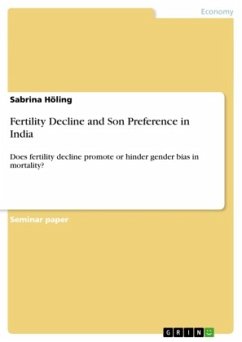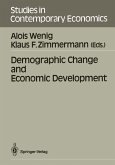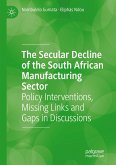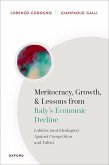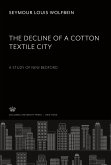Seminar paper from the year 2011 in the subject Economics - Other, grade: 2,0, University of Göttingen, course: Seminar, language: English, abstract: In the backdrop of the debate on missing women and son preference in Asia, this paper deals with the influence of fertility decline in India on gender bias in mortality. In order to get more precise answers, the text concentrates on gender bias in prenatal mortality and infant mortality. I will test two contradicting hypotheses empirically using among others data from three rounds of the National Family Health Survey in India (1992, 1998 and 2005). These constitute the foundation for further studies in order to answer the question whether fertility decline promotes or hinders gender bias in mortality. Judging the relation of these two variables by female education will show the strong link between female education and fertility. I will find out that son preference in India stays constant, independent from the mother´s educational level. Nonetheless, this text will show that the level of female education determines how parents interfere with their child´s sex. Empirical data will prove that higher educated women prefer prenatal technology for girl elimination while uneducated women have less access to or knowledge of it. The data will also suggest that less educated mothers have a higher daughter infanticide rate. I will conclude that fertility decline intensifies gender bias in prenatal mortality. However, the influence it might have on female infant mortality can not be estimated correctly because of incomplete empirical data.

